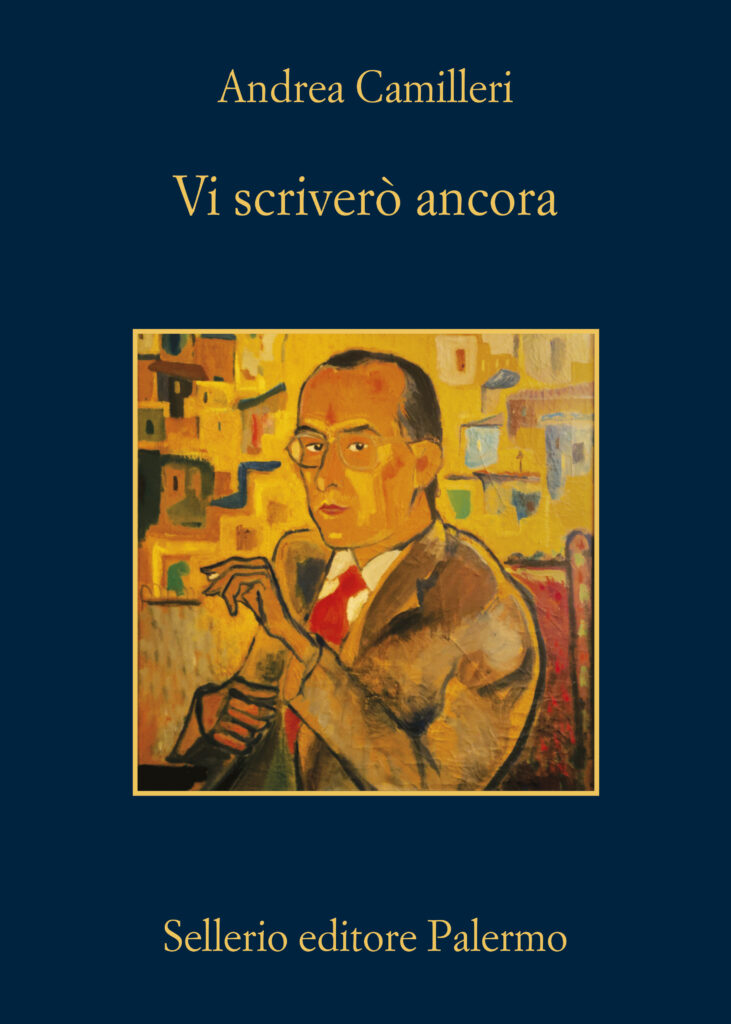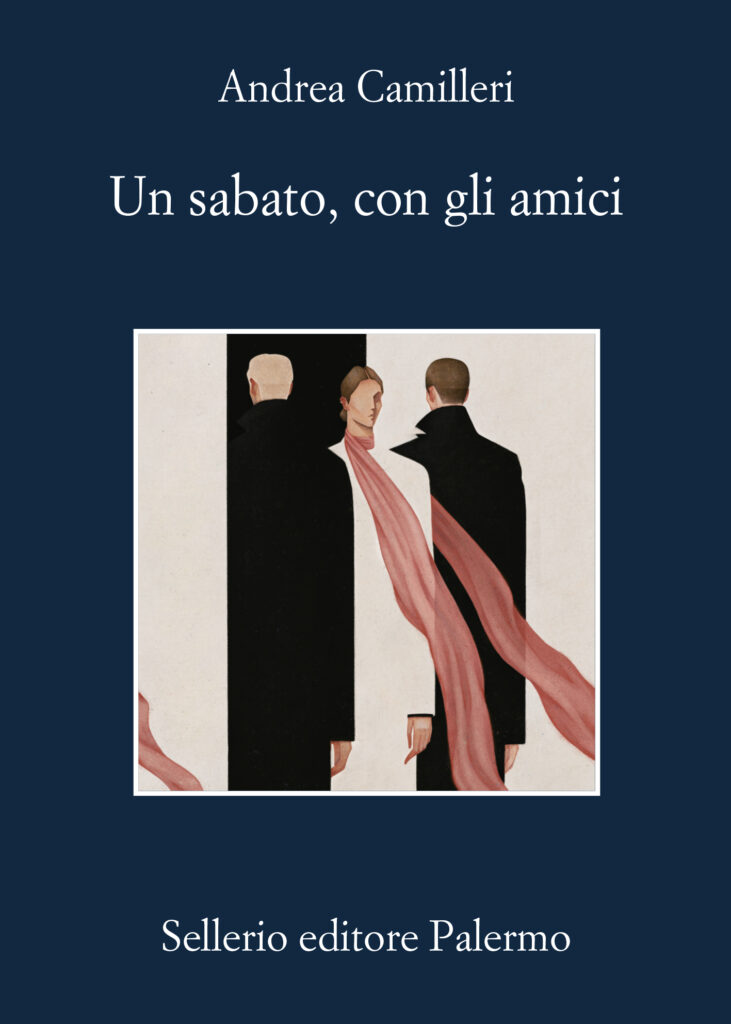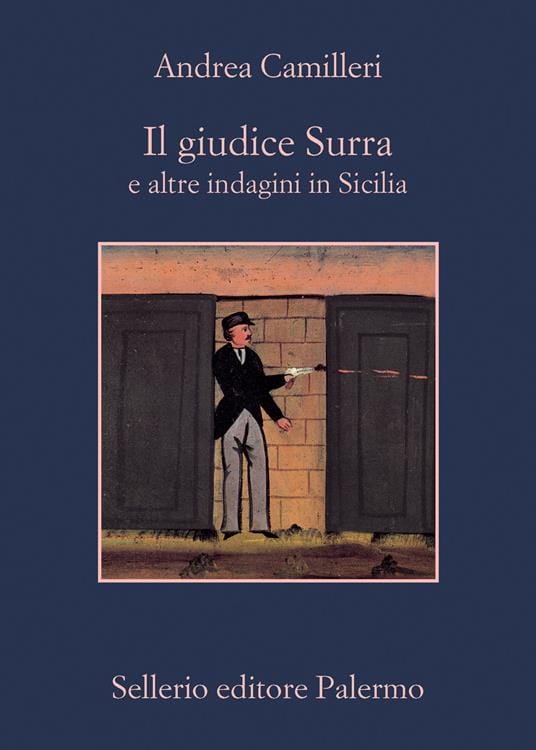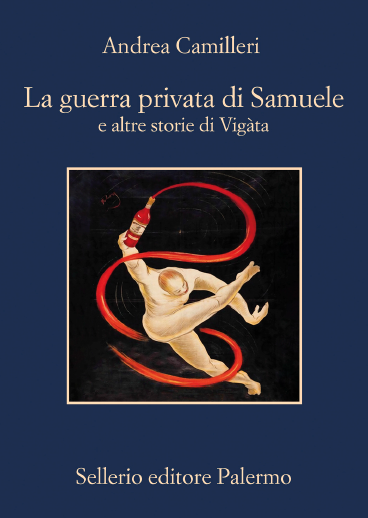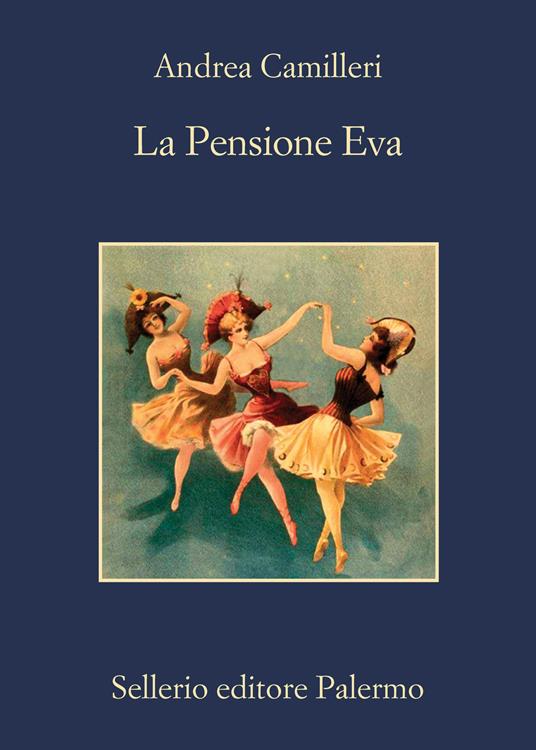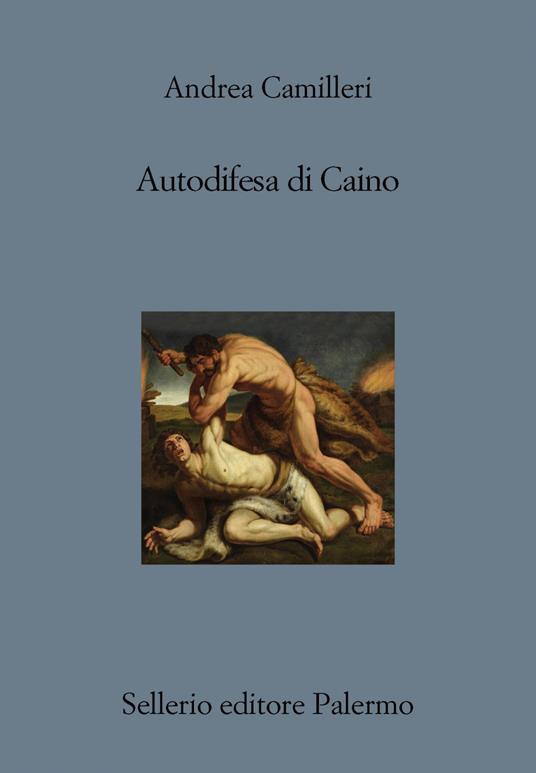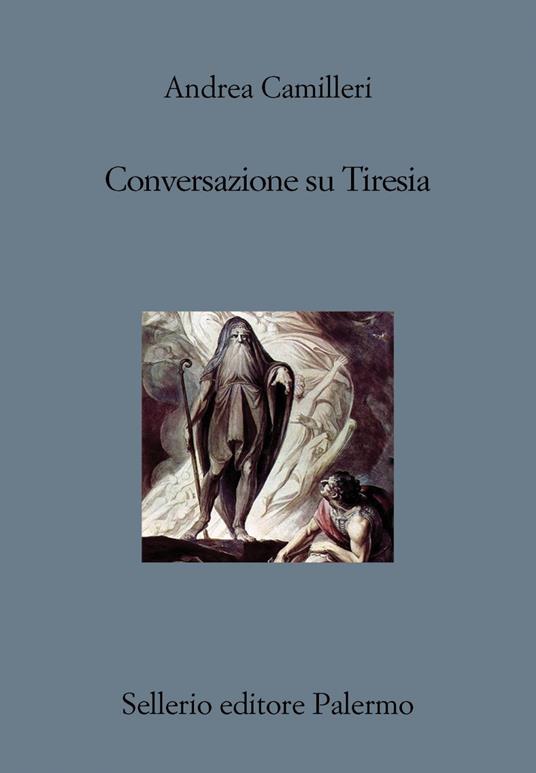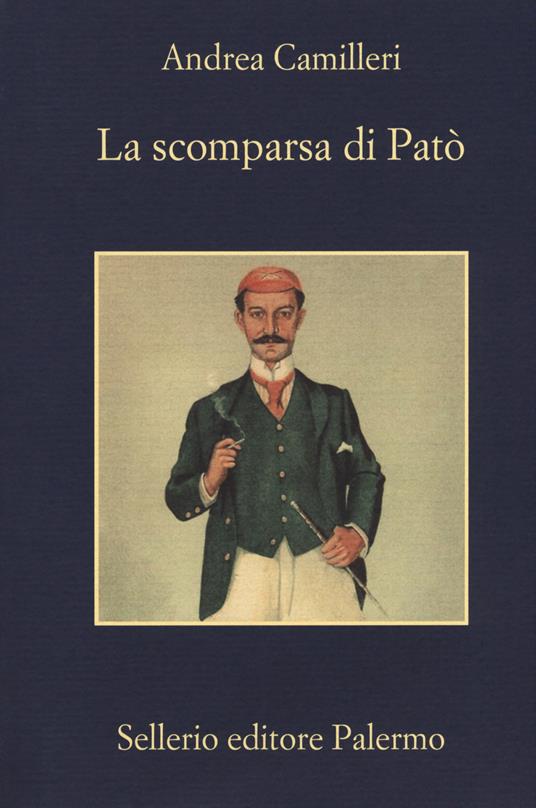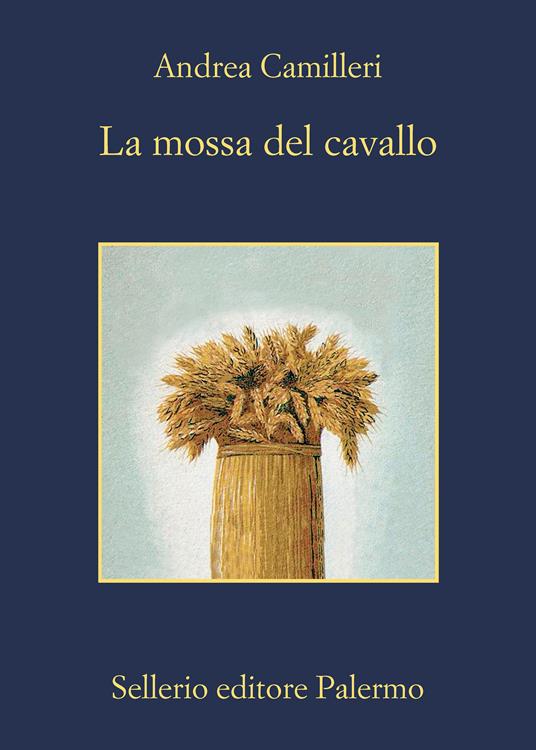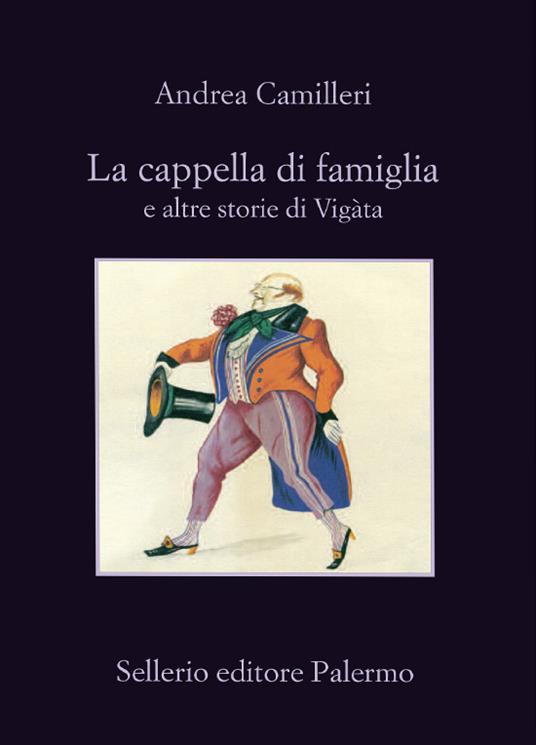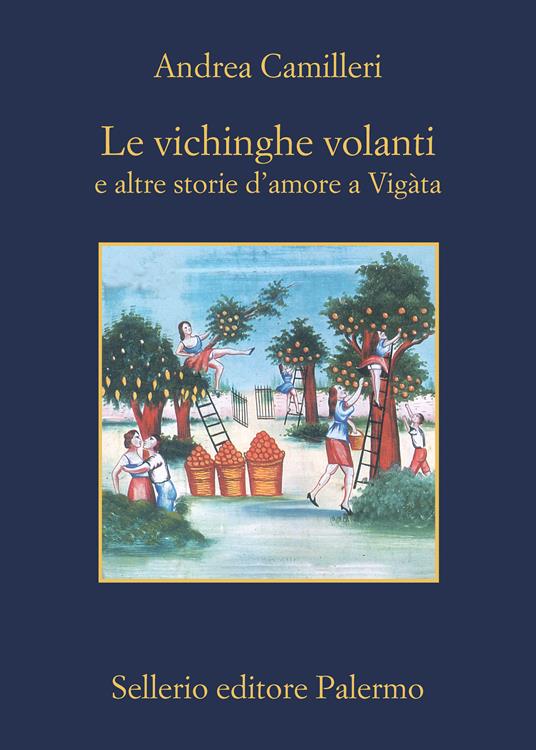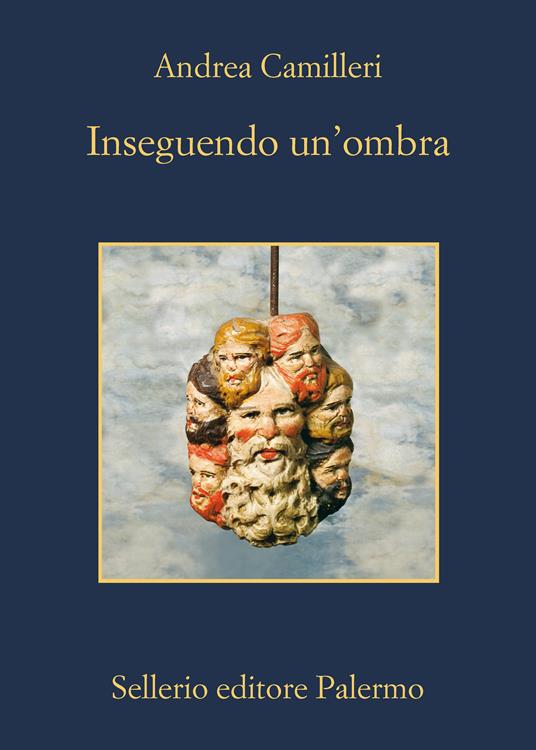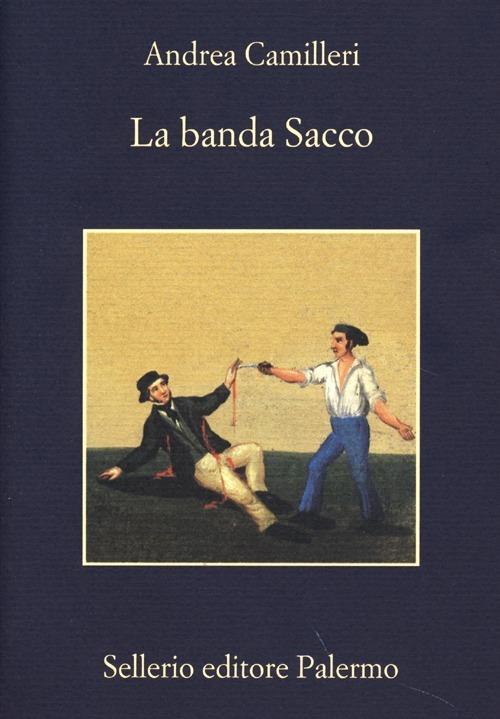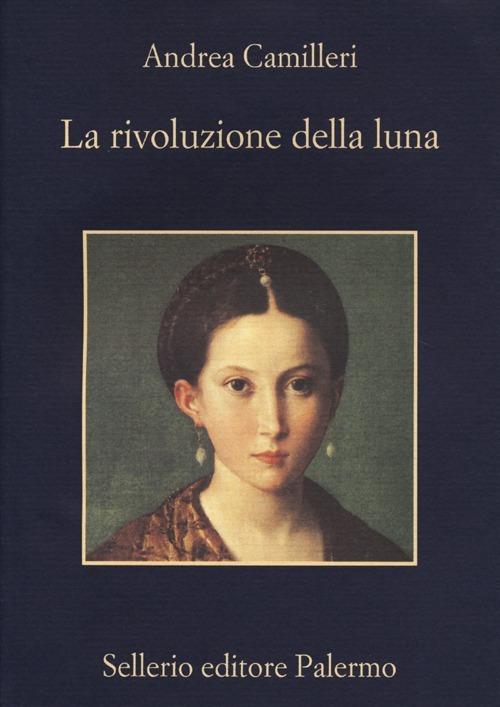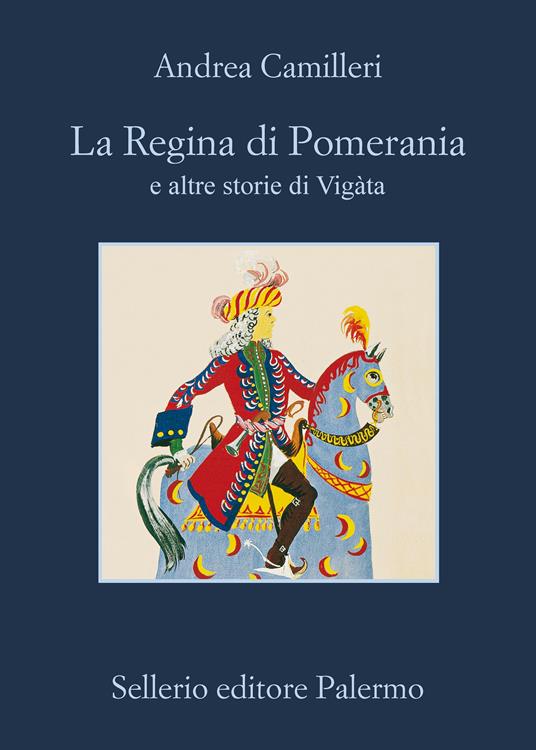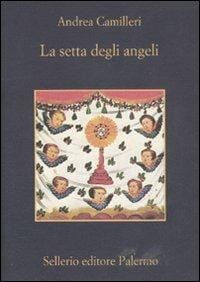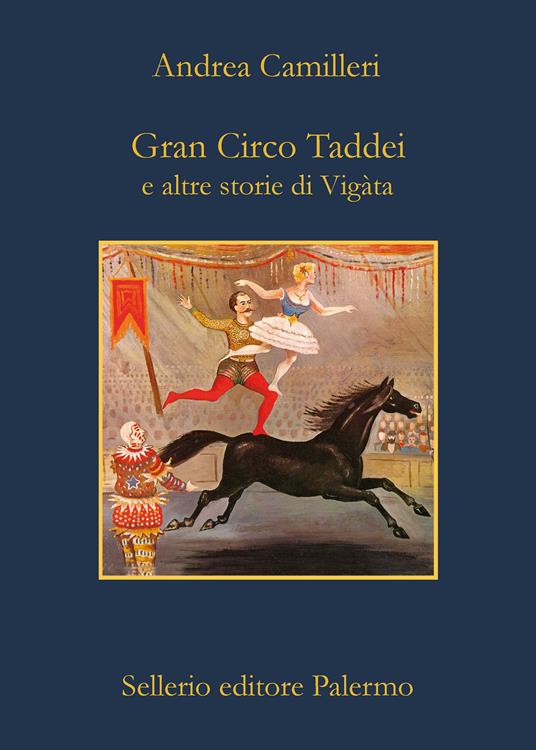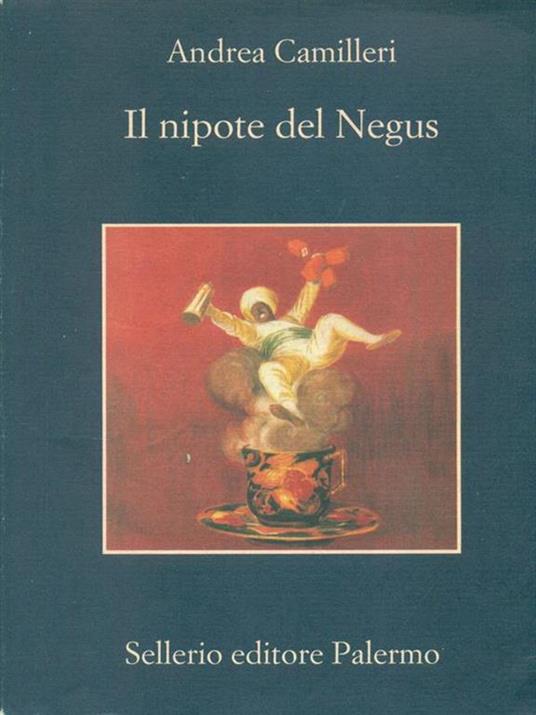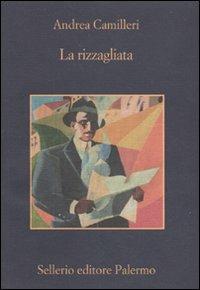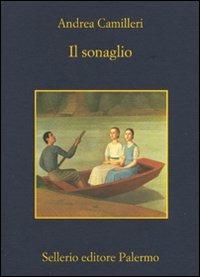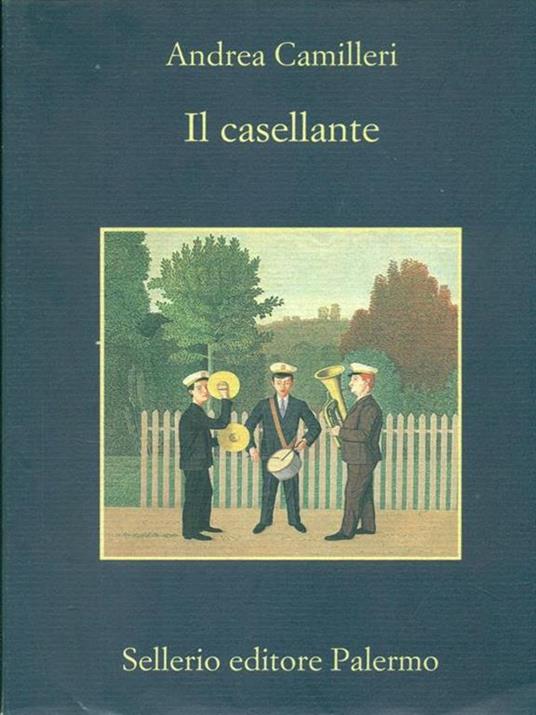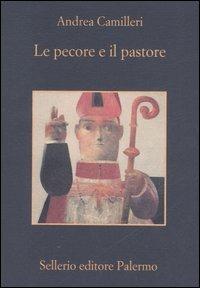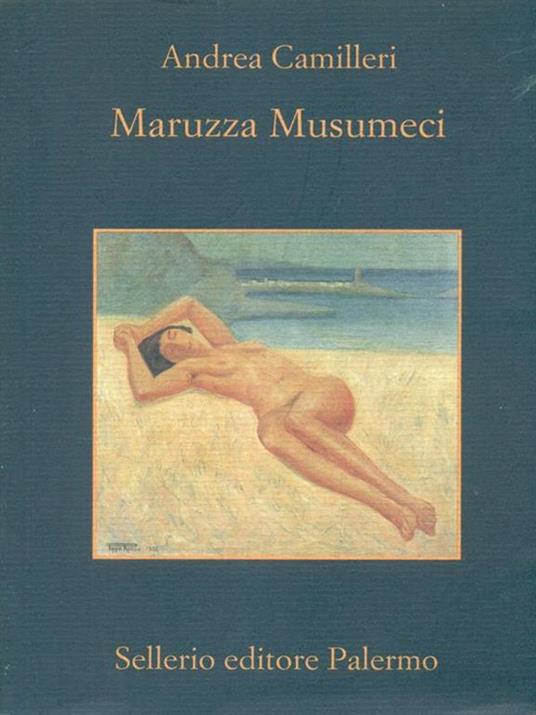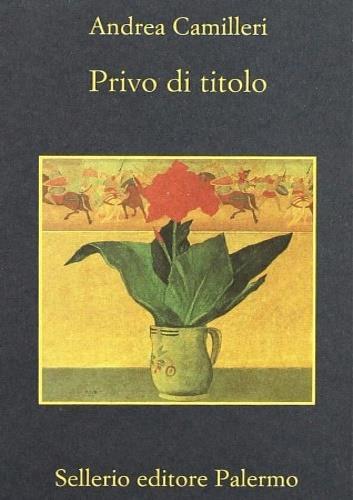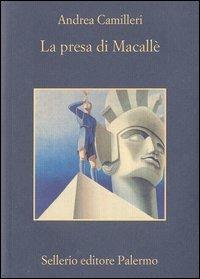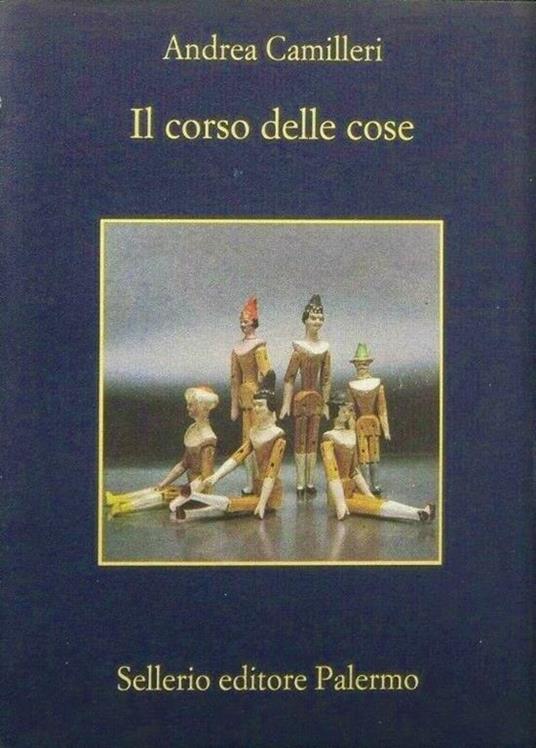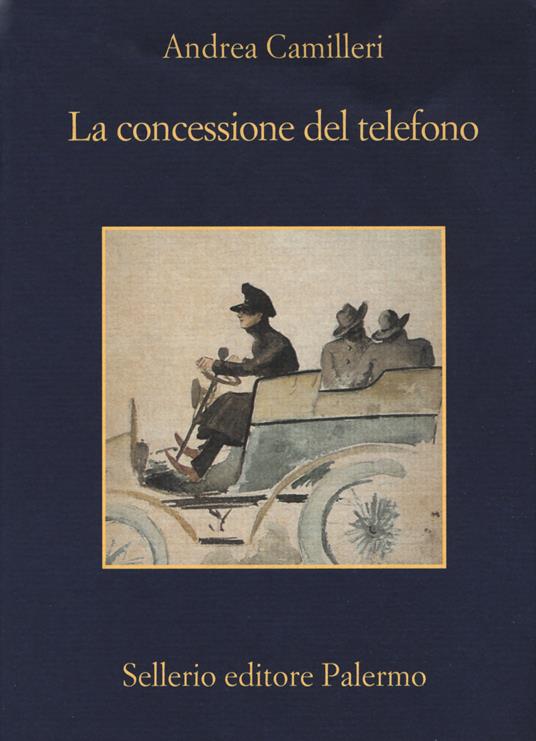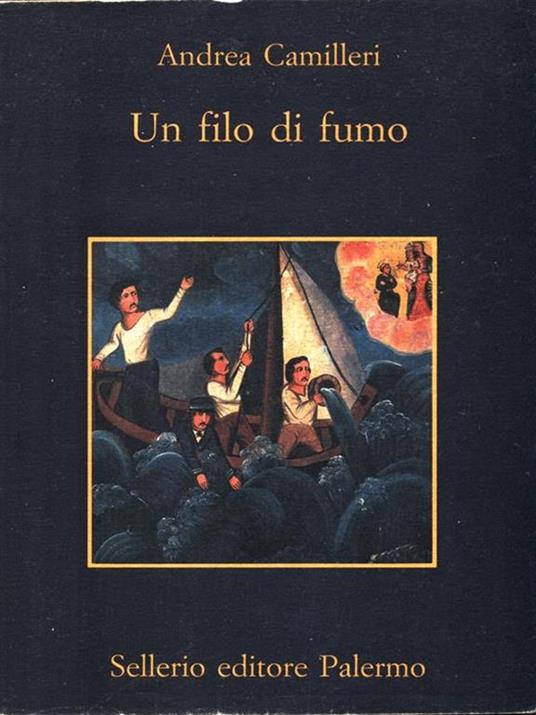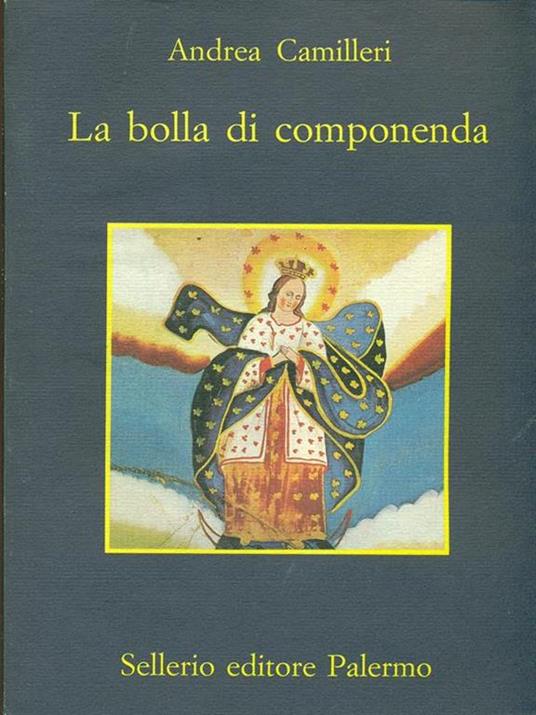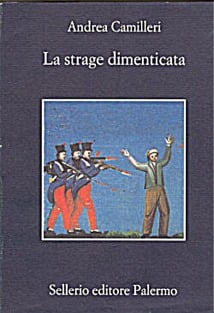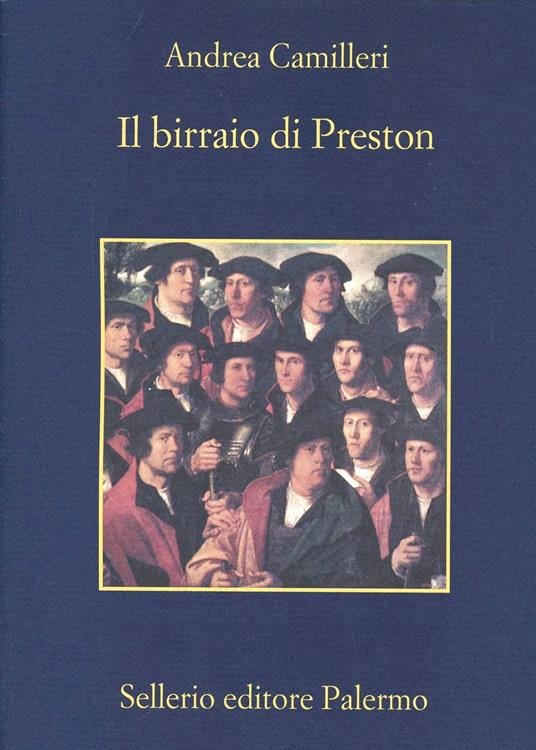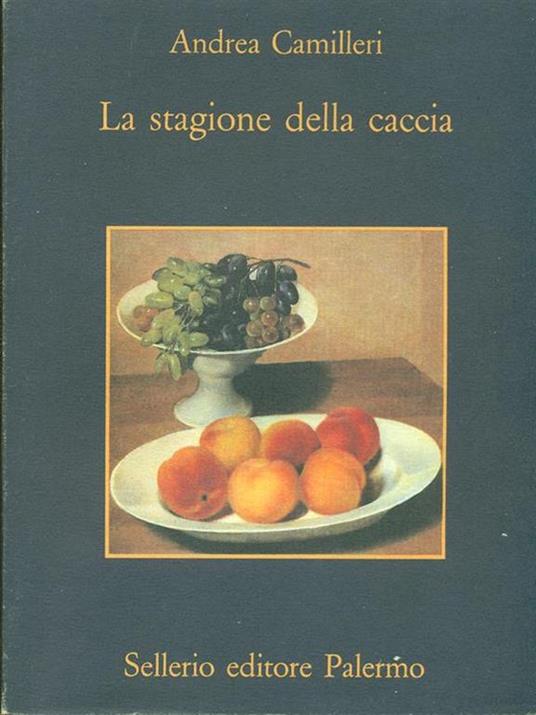Andrea Camilleri Rights List for Sellerio Editore Historical Novels
Andrea Camilleri (Porto Empedocle, Agrigento Province, Sicily 1925 – Roma, 2019) is widely considered to be one of the greatest Italian writers.
He worked as theater, television and radio director, he was a tv producer and script editor.
He published his first book, Il Corso delle Cose in 1978. It took more than 20 years after the publication of his second book, Un filo di fumo, that is main fictional character Salvo Montalbano became an overnight success. The mystery series was a main worldwide success and has been translated into thirty-six languages.
Along with his massively popular Montalbano character Andrea Camilleri wrote several novels focusing on historical and civil fiction.
Andrea Camilleri received a number of honorary degrees from several Italian and International Universities and the following major Prizes, among which: Premio Campiello 2011 alla Carriera, Premio Chandler 2011 alla Carriera, Premio Fregene Letteratura – Opera Complessiva 2013, the 2012 International Dagger Award, The 2014 BcNegra , Premio Gogol’ 2015.
Salvo Montalbano stories have been produced and screened by Italian television RAI and becoming the most Italian successful series in the latest 30 years, the series generated the spin-off Il giovane Montalbano. The TV series has been sold and broadcasted in over 65 countries.
Andrea Camilleri is a milestone in the history of literature and in the history of Italy.
